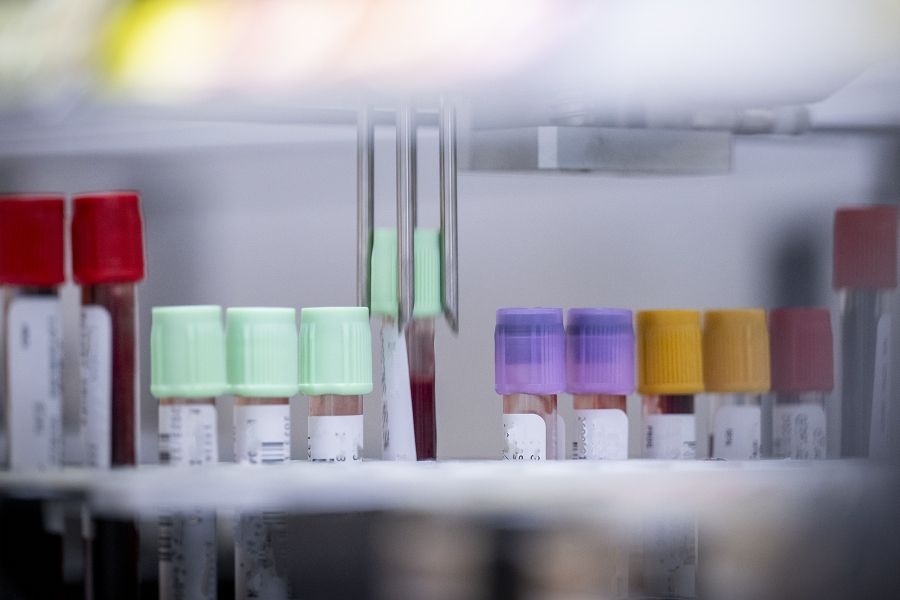
Intensive care patients who survive a critical illness can experience weakness and other limitations to their function long after they leave hospital. Now a unique, multi-site study being conducted through the Kingston Health Sciences Centre (KHSC) is aiming to improve patients’ recovery through the use of early nutritional supplements and exercise.
The Nutrition and Exercise in Critical Illness (NEXIS) trial will take place in four intensive care units across the United States. Principal investigators are Daren Heyland of the KGH Research Institute and Queen’s University, Dale Needham of Johns Hopkins University School of Medicine, and Renee Stapleton of the University of Vermont.
The study, coordinated by Dr. Heyland and his team at the Clinical Evaluation Research Unit (CERU) located at KHSC’s Kingston General Hospital site, will look at whether a nutritional supplement combined with exercise improves recovery for patients requiring life support from a mechanical ventilator in intensive care units. The trial runs through March, 2022.
“This collaboration represents one of the first trials of a combined nutrition and exercise strategy in critically ill patients to aid in their recovery,” says Dr. Heyland, who is also a professor of medicine and epidemiology at Queen’s University and the director of the CERU. “The combination of our respective expertise in nutrition and rehabilitative medicine in critical care settings allows us to bring the best of the two worlds together.”
Patients taking part in the study will receive a continuous dose of intravenous amino acids, and will do 45 minutes of cycling five days per week using in-bed cycling machines. The study will randomly assign patients into two groups – one will receive the study protocol, while the other will receive standard ICU care.
Patients’ recovery will be monitored during their ICU stay by measuring their body composition, muscle strength and physical functioning. At the time of discharge from hospital they will also be asked to complete a six-minute “Walk Distance Test." The researchers will also do follow-up phone calls six months after discharge to evaluate lasting benefits of the nutrient-exercise strategy.
As one of the world’s leading multicentre clinical research methods centres, the CERU will be responsible for the development and day-to-day coordination of the study. Dr. Heyland says that the centre’s unique level of expertise in coordinating intensive care nutritional studies will strengthen the study’s ability to examine this new course of treatment.
“What has evolved in critical care medicine is a realization that more and more people are experiencing, and surviving, critical illness,” says Dr. Heyland. “We have a large number of survivors of critical illness who suffer from health problems due to their critical illness, including muscle weakness and impaired physical functioning, following release from the intensive care unit. These impairments can have long-lasting health impacts for both the surviving patient and their family members. This study will play an important role in improving the physical outcomes for ICU survivors.”
The research conducted during the NEXIS project is supported by a five-year, $3.5 million grant from the National Heart, Lung, and Blood Institute of the National Institutes of Health.
For more information on the NEXIS trial, please visit the website.
Gallery


Dr. Heyland and his team at the CERU will be coordinating the study



